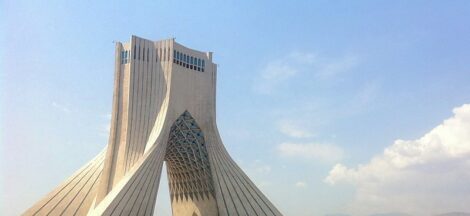The Supreme Court has dismissed the Delhi Waqf Board’s claim over a property in Shahdara, east Delhi, affirming that a gurdwara has been functioning there since 1947. This decision upholds a 2010 Delhi High Court ruling that the Waqf Board failed to establish the property as waqf land.
A bench comprising Justices Sanjay Karol and Satish Chandra Sharma rejected the Waqf Board’s assertion that the land was historically a mosque known as Masjid Takia Babbar Shah. The court noted that evidence presented, including witness testimony, confirmed the continuous operation of a gurdwara on the site since the Partition. The bench remarked, “Not some kind of a gurdwara, it is a fully functional gurdwara,” emphasizing the established presence of the Sikh place of worship.
The Waqf Board’s appeal, filed in 2012, challenged the Delhi High Court’s 2010 judgment, which had dismissed its suit for possession of the property. The High Court had found that the property was in possession of Hira Singh, who had purchased it from Mohammad Ahsan in 1953. The court concluded that there was no evidence of a permanent dedication of the property as waqf, and the claim of ‘wakf by user’ lacked substantiation.
During the Supreme Court proceedings, the Waqf Board’s counsel argued that lower courts had acknowledged the existence of a mosque on the site before the gurdwara’s establishment. However, the bench highlighted that the Waqf Board’s own witness admitted the gurdwara had been functioning since 1947. The court advised the Board to relinquish its claim, stating, “Once a religious structure is there, you should yourself relinquish your claim.”
The case also brought attention to the Waqf Act, 2025, which abolishes the ‘waqf-by-user’ doctrine and mandates the digitization and centralized registration of all waqf properties. The Act aims to enhance transparency and prevent unauthorized claims over properties. Critics argue that it could lead to government overreach, while proponents assert it ensures proper utilization of waqf assets for community welfare.




 Court Grants Kejriwal Clearance for Passport Renewal
Court Grants Kejriwal Clearance for Passport Renewal 